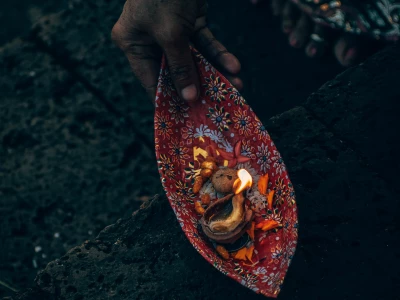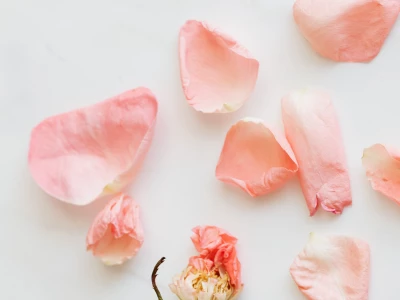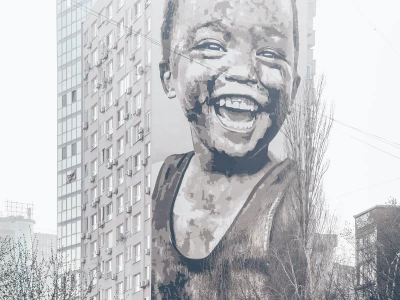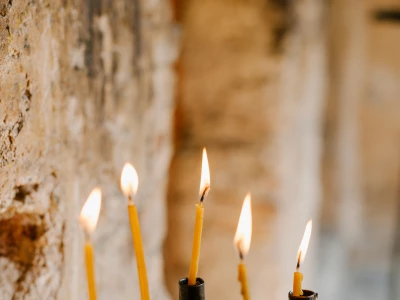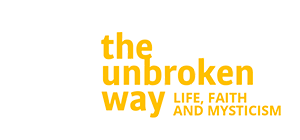Share this article
Woe Is Me : Overcoming The Limitations Of Self-Pity
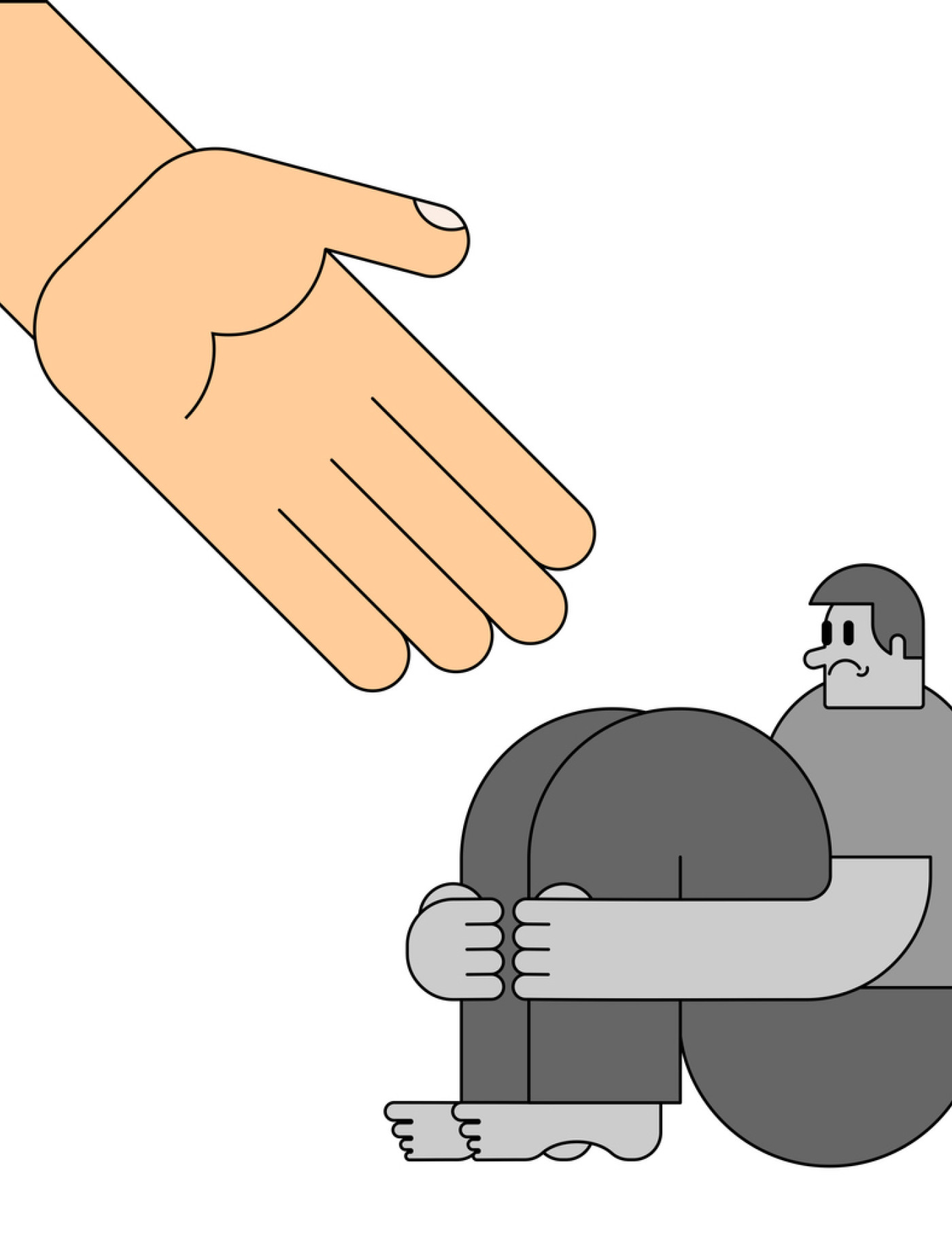
‘ I almost once wanted to publish a self-help book saying How To Be Happy by Stephen Fry : Guaranteed Success'. And people buy this huge book and it's all blank pages, and the first page would just say - ' Stop Feeling Sorry For Yourself - And you will be happy '.
— Stephen Fry, actor, comedian, television presenter, director and writer.
Indulging In Bad Memories
We're bombarded with opportunities to feel sorry for ourselves. Occasionally, I happily seize the opportunity myself. A bad memory resurfaces —stuff that happened more than forty years ago, and I'm off indulging in a pity party — deriving a sort of perverse satisfaction from my misery.
Beginning with her opening paragraph, Mother Angelica's inspired article The Lord Will Help to Heal Our Memories describes the feeling better than anyone I know:
'We all have a favourite enemy. In your memory, you have someone or something that is like a security blanket that you love, and it's evil. It's bad news! In your memory there are shelves, just like a storehouse. And you have little jars that go back to when you were three years old, including a favourite jar. You take that jar out, and you open it, and it's just an awful memory. And yet, you're secure when you're thinking about this terrible thing. It gives you a lot of self-pity and makes you feel that you have a right to revenge, a right to hate.'
I get it. That's me. But, I knew somebody for twenty-seven years who, despite tough times, never indulged in bad memories and rarely felt sorry for herself: my late wife, Cushla. She endured a mysterious and debilitating illness for seventeen years, and when that began to dissipate and she started to feel normal for about six months, she was diagnosed with terminal cancer. How 'fair' was that? Would anyone blame her for feeling sorry for herself?
Nonetheless, I can't ever remember her complaining about her fate. There wasn't a shadow of self-pity around her. In fact, she told me shortly before she died: 'I've had a charmed life.' She didn't just say it to make me feel better —she meant every word she said.
Wild Things

I never saw a wild thing sorry for itself. A small bird will drop frozen dead from a bough without ever having felt sorry for itself.
― D.H. Lawrence, The Complete Poems of D.H. Lawrence
Just like the small bird, we're all called by God to be 'wild things.' We're designed to be free, fearless and hopeful despite our hardships. And anybody who is not sure God exists might find inspiration from an excerpt from the play Man and Superman, written by the self-proclaimed atheist and Irish playwright George Bernard Shaw:
'This is the true joy in life, being used for a purpose recognized by yourself as a mighty one. Being a force of nature instead of a feverish, selfish little clod of ailments and grievances, complaining that the world will not devote itself to making you happy.'
I witnessed how Cushla, despite her illnesses, was a force of nature, albeit guided by a divine purpose. One short story illustrates her selfless nature when, as usual, she puts others first before her own problems:
Shortly after being diagnosed with cancer, she was checked in for surgery at St Vincent's Hospital In Dublin. She was given a bed in a shared room with three other women. I inquired why she was not given a private room since she was entitled to one under her health insurance premium. The answer was that no private rooms were available, so that was that. But Cushla was meant to be in that room. In her quiet way, she inspired those other patients, who were all there for different ailments. 'She keeps us going,' all three chirped when Cushla was outside the room, out of earshot. They could see that she was remarkably calm and cheerful despite having her own cross to bear
Cushla's positivity and courage were contagious. I found out later that one of the women in the ward, who was facing possible amputation of one of her legs, told her friends and neighbours how Cushla had comforted and inspired her in her ordeal. Thankfully, in the end, the amputation wasn't necessary. But that woman, like others challenged by serious difficulties in their lives, had been touched by Cushla.
Sadness Vs Self-Pity
It's not that Cushla didn't feel sad. Of course, she did. Sadness is a perfectly normal and often healthy emotion. The feeling of heartbreak can even be helpful to you. Allowing yourself to feel sad can heal emotional wounds, relate to the suffering of others in a more meaningful way and help us see more with our hearts. As Pope Francis said: 'Some realities of life are only visible once our eyes have been cleansed by tears'. However, self-pity is not the healthy type of sadness described above. Indulging in this destructive maudlin can exaggerate your feelings of misfortune. You then begin to feel hopeless- like life never lets you catch a break. Finally, you can't see the good anywhere.
Gratitude
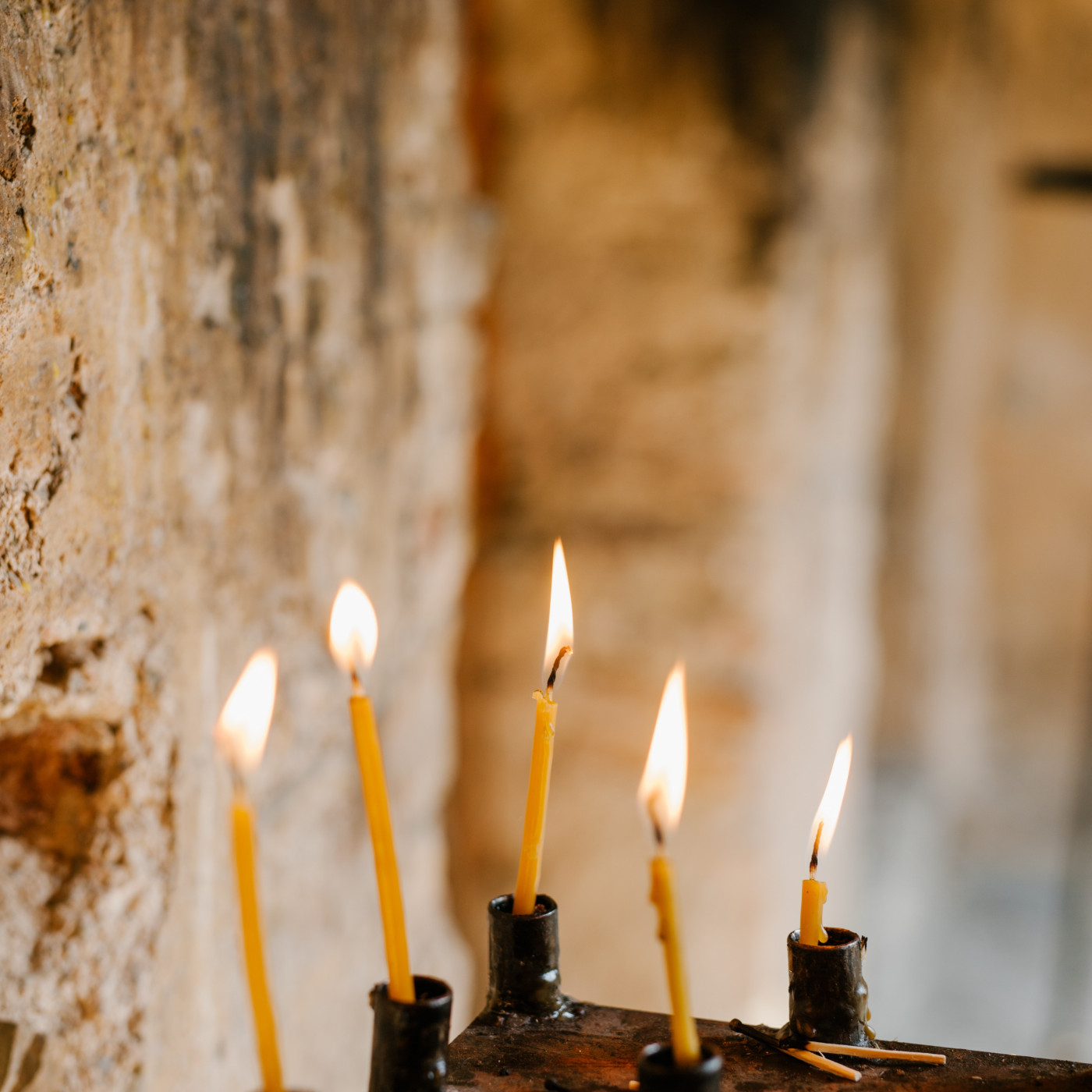
‘Self-pity is our worst enemy and if we yield to it, we can never do anything wise in this world’
—Helen Keller, American author and educator who was blind and deaf.
With my eyes half shut the other morning, I stepped into the shower—no hot water. The immersion was broken again. The boiler man (who sold me the immersion) had been to the house six times in the last year. Last week, after putting in a new timer, I asked him to show me (a technophobe) how it worked. He threw me a pamphlet and rushed out the front door to his next job: 'Follow the instructions. It's dead easy,' he shouted from his van as I stood at the hall doorway, perplexed and seething at the injustice of it all.
While I consoled myself with a potent brew of coffee, the news came on the radio. There'd been a rocket attack on an apartment complex in Ukraine. The only survivor in one family of six was the mother. I woke up from my low-level consciousness, and the thought hit me - that mother would have loved to have had the morning I just had.
Self-pity tells us that we should not suffer at all, so even a trifling problem can be turned into a catastrophe when we have no perspective and are ungrateful for the blessings in our lives. 'You're not in Calcutta'*, Cushla said to me more than once. She was responding to my complaints about how unfair a business acquaintance was being. 'If you knew what it is like not having your health or living like others in absolute poverty in Calcutta, you might stop'. She liked my positive side but was also well aware of the flip side: my Pollyanna approach to life. Suffering, I thought, was an anomaly. In contrast to my naïve optimism, she knew Jesus's teaching only too well: He told us to expect trials. He didn't say 'some of you…' or 'you might…' have tribulations. Suffering is a part of life – everyone's life. But when it comes, instead of indulging in self-pity, we can have peace by leaning on Him.
Note:
* Cushla was well aware of the city of Calcutta ( now known as Kolkata) because of the work there by one of her favourite saints, Mother Teresa. Indeed, few people are as closely identified with a city as Mother Teresa is with Calcutta. Long before she was beatified by Pope John Paul 11 in 2003, Cushla said several times: 'She's the real thing' and 'That woman is a saint'. She was hugely impressed by the nun's unshakable faith, invincible hope and extraordinary charity to the poorest of the poor.
Share this article
Categories
in your inbox
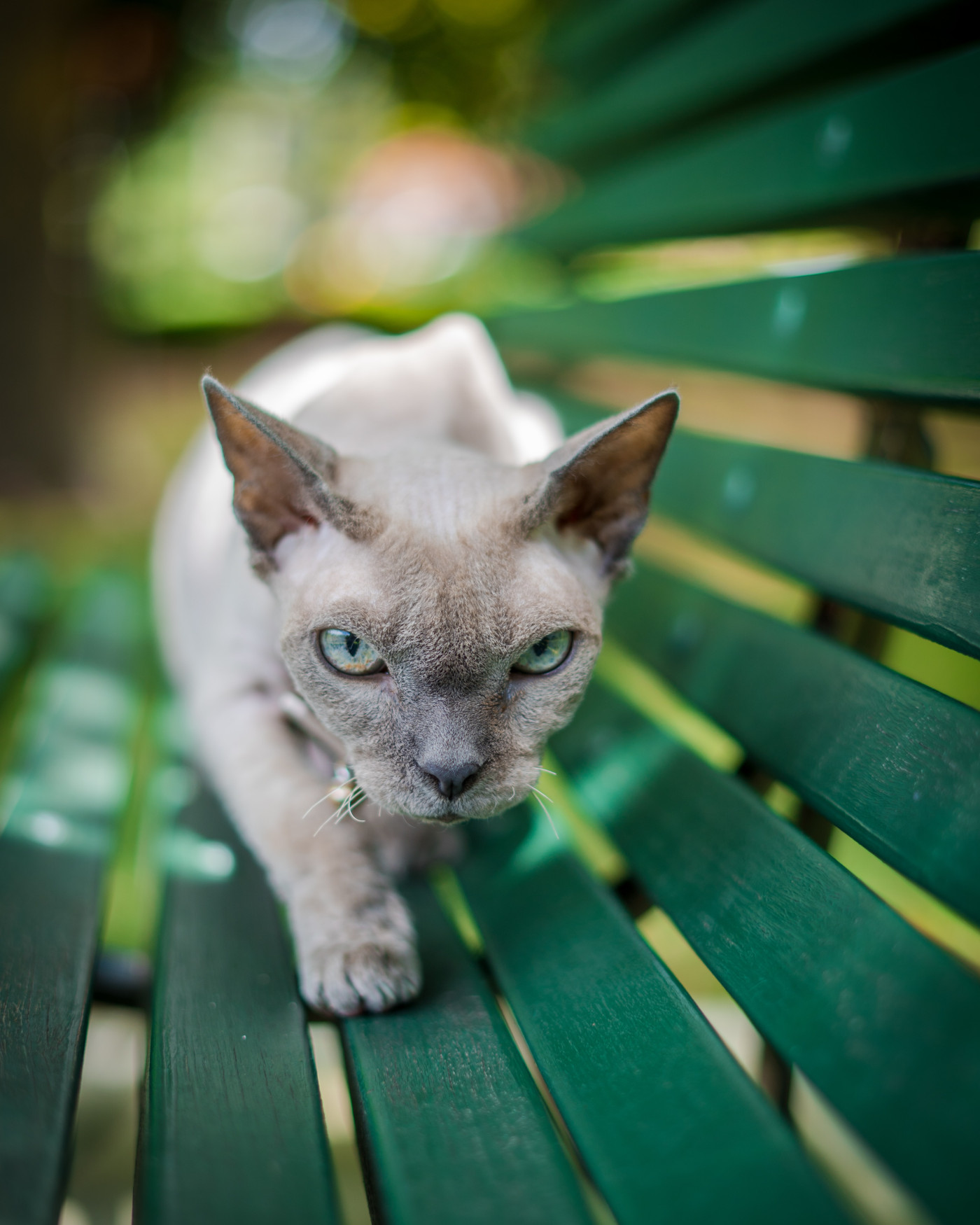
Meaning & Purpose


